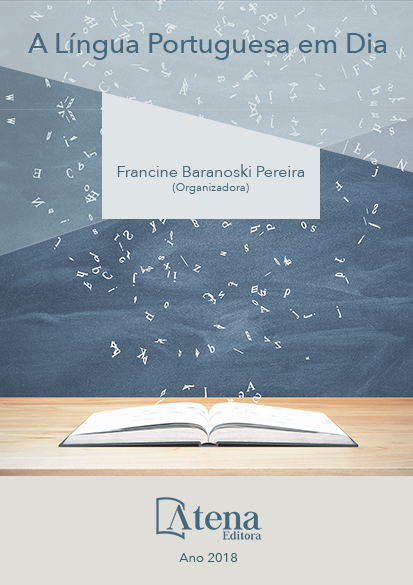
Um passeio pelas ruas, cidades e vidas em Suleiman Cassamo
O presente trabalho tem como
objetivo analisar o espaço urbano nos contos
“José, pobre pai Natal” e “As mãos da vida”, que
pertencem à obra O regresso do morto (1989),
do escritor moçambicano Suleiman Cassamo.
Busca-se percorrer a cidade ficcional que tanto
atrai, quanto segrega os sujeitos das classes
sociais mais baixas, além de os submeterem a
todo tipo de violência. Chama a atenção para os
migrantes, nem sempre encontram as condições
favoráveis, abrigando-se às margens, e por lá
sobrevivendo. Em “José, pobre pai Natal”, a
mulher espera pelo marido que saíra cedo a fim
de vender tripas nas ruas da cidade. Entre a
partida e a chegada, o narrador vai revelando
as mudanças pelas quais passara Lourenço
Marques (atual Maputo) desde a vinda do
casal. Já em “As mãos da vida”, o narrador
descreve as transformações no cenário citadino
após a independência de Moçambique. Como
resultado, a exclusão e/ou a expulsão dos que
não se adaptam a nova realidade. E a urbe é
(re)pensada pelo viés literário.
Um passeio pelas ruas, cidades e vidas em Suleiman Cassamo
-
DOI: 10.22533/at.ed.89518221111
-
Palavras-chave: Ruas; Cidades; Moçambique; Contos; Cassamo.
-
Keywords: Streets; Cities; Mozambique; Tales; Cassamo.
-
Abstract:
The present work has the
objective of analyzing the urban space in
the short stories “José, pobre pai Natal” and
“As mãos da vida”, that belong to the work O
regresso do morto (1989) of the Mozambican
writer Suleiman Cassamo. It seeks to traverse
the fictional city that attracts so much, as it
segregates the subjects of the lower social
classes, besides subjecting them to all kinds of
violence. It draws attention to the migrants, not
always find favorable conditions, sheltering the
banks, and surviving there. In “José, pobre pai
Natal”, the woman waits for her husband who
had left early to sell casings on the streets of
the city. Between the departure and the arrival,
the narrator reveals the changes that Lourenço
Marques (now Maputo) had experienced since
the couple’s arrival. Already in “As mãos da
vida”, the narrator describes the transformations
in the city scene after the independence of
Mozambique. As a result, the exclusion and / or
expulsion of those who do not adapt to the new
reality. And the city is (re) thought by the literary
bias.
-
Número de páginas: 15
- Fabiana de Paula Lessa Oliveira


